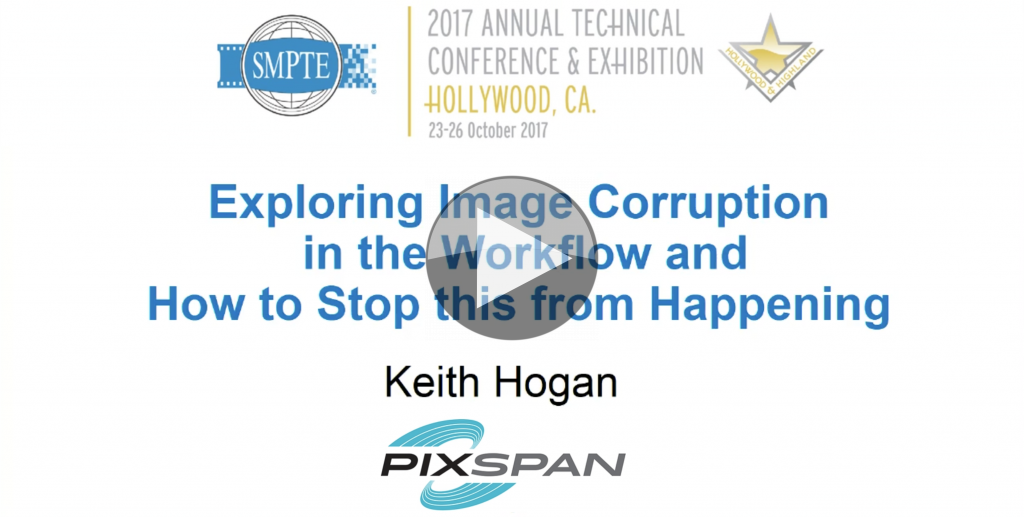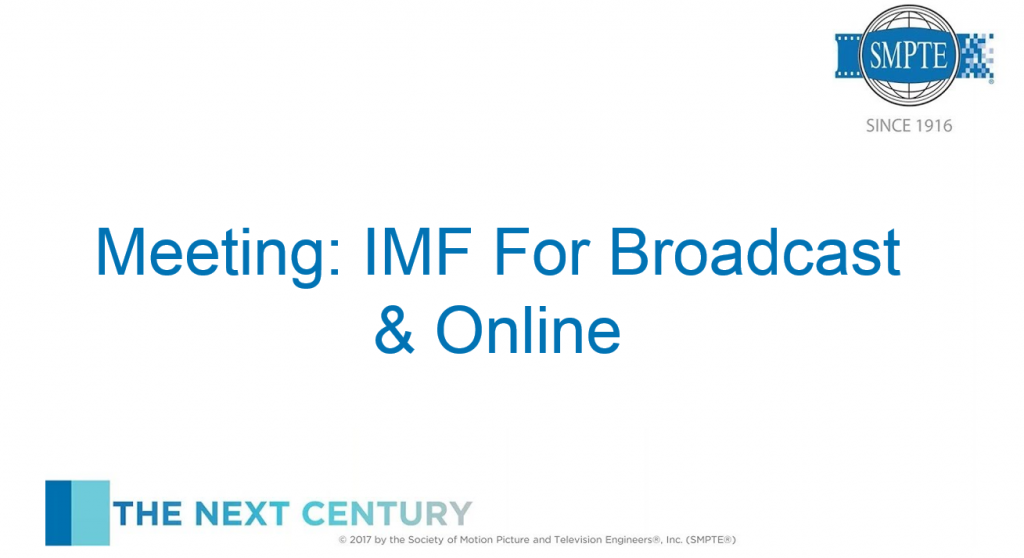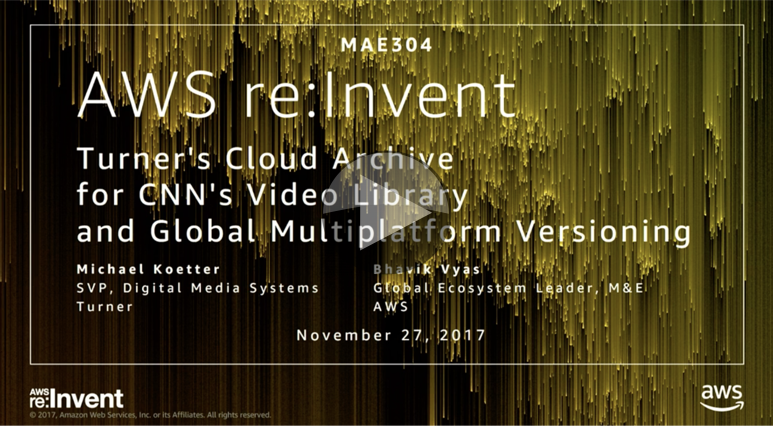![]()
Date: Thursday 19th July, 16:00 BST
Artificial intelligence (AI) and machine learning are starting to transform the way content is created, managed and delivered.
New cognitive-computing tools are enhancing creativity, eliminating mundane repetitive work and unlocking new value from content.
AI is suddenly everywhere: the ready availability of powerful AI services from all the major cloud providers means hundreds of media technology products are plugging into AI and offering new ways of working.
This webinar cuts through the hype to reveal how media companies are actually using AI tools throughout the content supply chain – from aiding craft and creative work in post-production, automating metadata extraction and compliance, to making smart content recommendations to audiences. The speakers will explain how best to use AI, what we can and can’t do, and how it will continue to change workflows into the future.
Speakers:
 |
Michael Gamböck, Senior Strategy Relations EMEA, Creative Cloud Video, Adobe |
 |
Josh Wiggins, Chief Commercial Officer, GrayMeta |
 |
Neil Taylor, Lead Data Strategist for Commercial Innovations, Channel 4 |
 |
Jean-Pierre Evain, Principal Project Manager, EBU Artificial Intelligence Committee |
 |
Moderator: Robert Ambrose, Managing Consultant, High Green Media |




